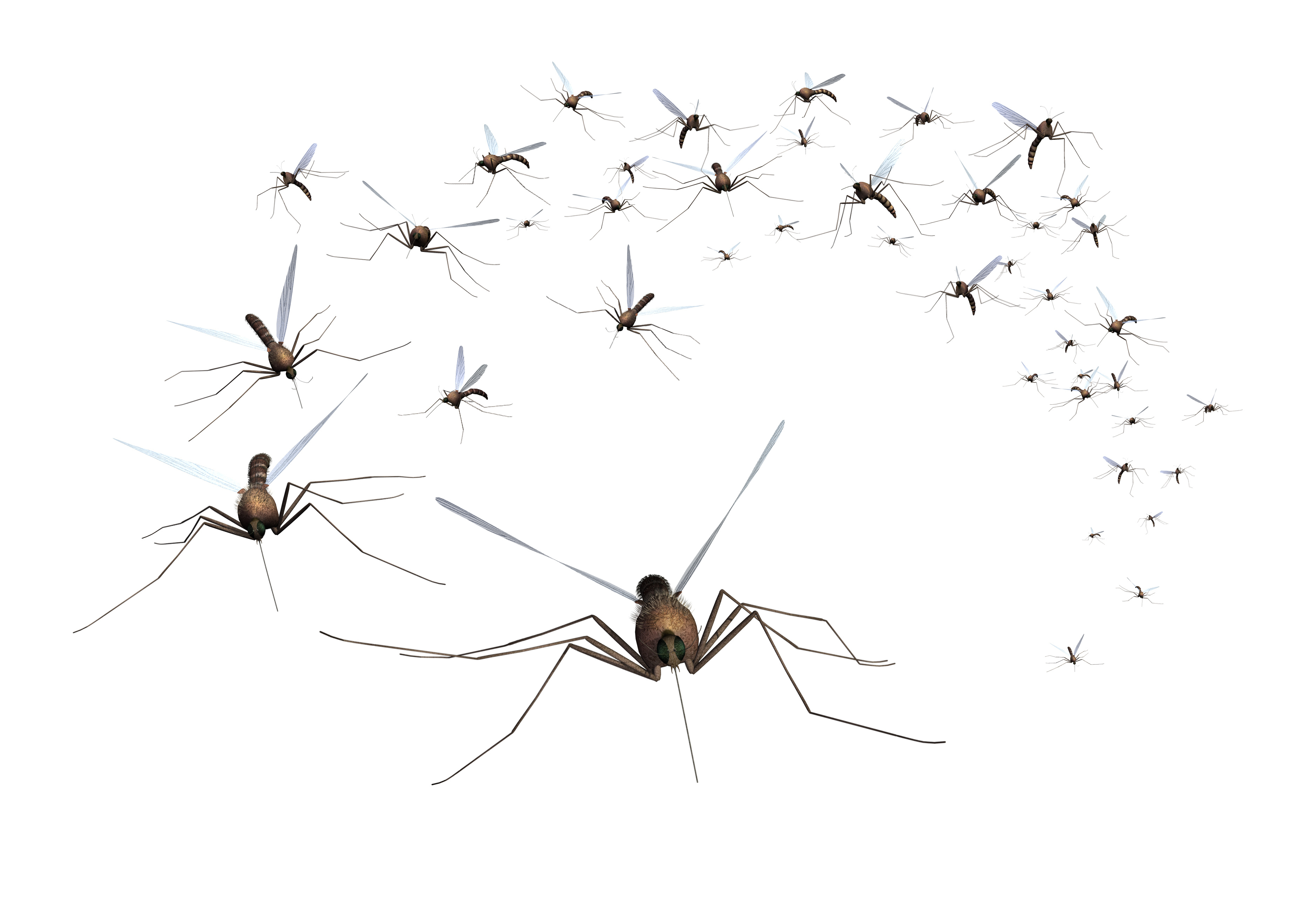Here are the facts about the Zika virus and how it affects fertility.
What is the Zika virus?
The Zika virus may have been making a buzz recently, however, it’s not a new disease. The Zika virus was first discovered in 1947 and named after the Zika Forest in Uganda. The first human cases of Zika were detected in 1952 and since that time there have been outbreaks of Zika reported in tropical Africa, Southeast Asia, and the Pacific Islands.
In May 2015, the Pan American Health Organization (PAHO) issued an alert regarding the first confirmed Zika virus infection in Brazil. The outbreak in Brazil has caused the most reaction from around the globe since the 2016 Olympics are set to take place in Rio de Janeiro, Brazil. Unfortunately, the Zika virus will likely continue to spread to new areas.
The disease is most commonly contracted from mosquito bites, however, it can also be sexually transmitted to a woman from a man infected with the Zika virus. There are two species of mosquito that carry the virus: the A. aegypti and A. albopictus which are usually found in warm weather climates.
Should I be concerned about the Zika virus?
Couples who are trying to conceive should be cautious and steer clear of the Zika virus due to potential risks for infants. The Center for Disease Control (CDC) has issued a warning telling women who are pregnant or trying to become pregnant “to avoid travel to endemic areas or use enhanced prevention and follow up activity if such travel cannot be avoided.”
If you’re undergoing fertility treatments, you should let your fertility specialist know if you are traveling to an affected region. The doctor may choose to pause your treatments in order to avoid potential risks to you and your baby. At the time of this article, the CDC recommends delaying fertility treatment between 2 and 6 months, based on whether or not you or your partner experiences any symptoms of infection. Barrier protection should also be used during this period. However, as we learn more about the Zika virus, these guidelines are subject to change. For the most current information visit https://www.cdc.gov/zika/
For men who will be traveling to affected areas, semen cryopreservation can be performed prior to travel. Storage of cryopreserved semen may be useful for couples who wish to minimize their post-travel delay of fertility treatment. Interested couples should speak to their fertility specialist to learn more about this option.
What are the symptoms?
The most common symptoms of Zika are fever, rash, joint pain, and conjunctivitis (red eyes). The illness is usually mild with symptoms lasting for several days to a week after being bitten by an infected mosquito. For this reason, many people might not realize they have been infected. People usually don’t get sick enough to go to the hospital, and there have been no deaths reported due to Zika.
Scientists at the Center for Disease Control (CDC) announced that there is now enough evidence to conclude that Zika virus infection during pregnancy is a cause of microcephaly (small head) and other severe fetal brain defects and has been linked to problems in infants, including eye defects, hearing loss, and impaired growth.
How is it diagnosed?
Only one in four infected patients diagnosed with the Zika virus experience symptoms. This means an infected person may be spreading the disease without realizing it. A doctor can perform a blood or urine test to confirm infection of the virus. Couples who have traveled to an affected region should get tested if they have symptoms similar to that of Zika.
Currently, there isn’t a vaccine to prevent or cure the virus but symptoms can be treated with plenty of rest, fluids and Tylenol.
How can I protect myself from the Zika virus?
If you must travel to a location with known cases of the Zika virus, there are some precautionary measures you can take to protect yourself.
You should take these steps to guard yourself from Zika:
- apply insect repellent all over your body
- wear long-sleeve shirts and long pants
- avoid places with mosquitoes
- stay in places with air conditioning and screens
- speak to your healthcare provider about recommendations for abstinence or barrier contraception
To view Dr. Robert K Hunter II on a local morning show speaking about Zika and becoming pregnant. Click Here
If you are concerned that you have been exposed to the Zika virus, please contact your doctor ASAP for an evaluation.

